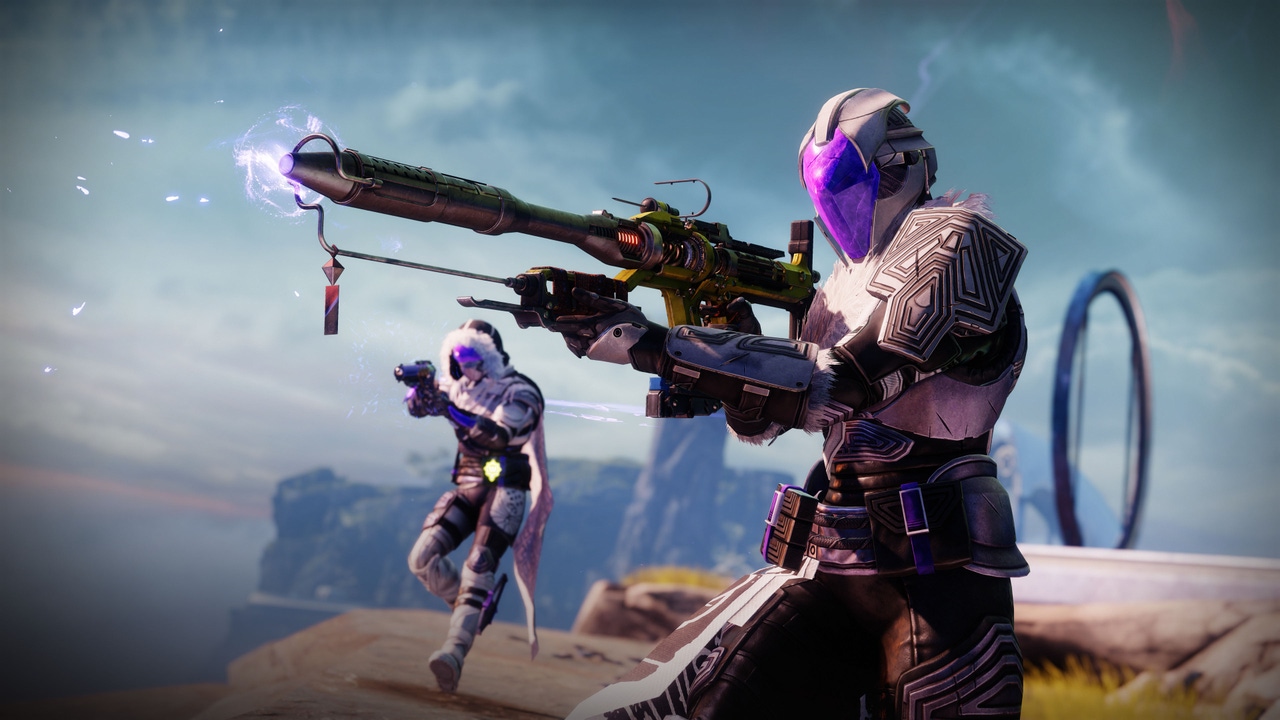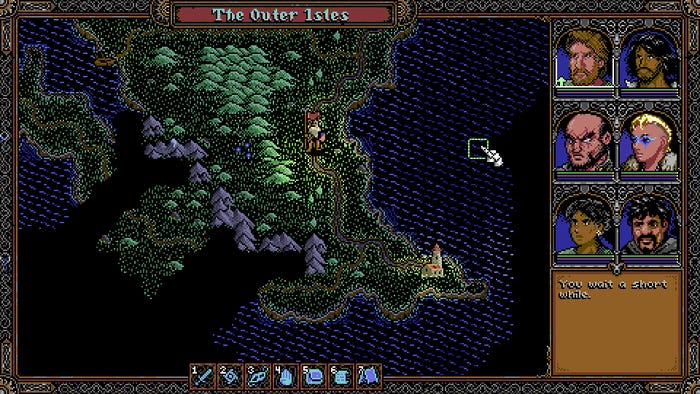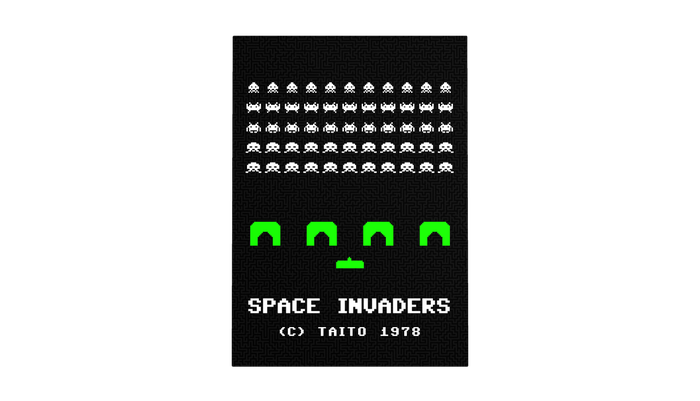Sony to acquire Destiny developer Bungie in $3.6 billion deal
The multi-billion dollar deal follows closely on the heels of competitor Microsoft's $68.7 billion acquisition of Activision Blizzard.

Sony Interactive Entertainment has penned a deal to acquire Destiny and early Halo developer Bungie for the sizable sum of $3.6 billion dollars.
The sale would bring Bungie into the first-party PlayStation Studios family and notably follows closely on the heels of console competitor Microsoft's $68.7 billion acquisition of Activision Blizzard earlier this month.
For SIE, the acquisition both gives them a sizable new name in their first-party catalogue, and brings Bungie's "world-class...live game services and technology expertise" into Sony Interactive Entertainment's overall business.
This deal builds on years of partnership between Bungie and SIE, particularly surrounding past promotion of Destiny and Destiny 2. Following the acquisition, Bungie and its 900 some employees will become part of Sony Interactive Entertainment, but the company stresses that the studio will continue to operate independently, and maintain the ability to self-publish, as part of SIE.
Similarly, Bungie has announced that Destiny support will continue on non-PlayStation platforms like Steam, Xbox, and Stadia, despite its new status as a first-party PlayStation developer.
"This is an important step in our strategy to expand the reach of PlayStation to a much wider audience," explains a statement from SIE president and CEO Jim Ryan. "We understand how vital Bungie’s community is to the studio and look forward to supporting them as they remain independent and continue to grow."
For Bungie, the deal stands to give the company access to a new level of resources and reach. Already, Bungie leadership has lightly announced plans to accelerate hiring to "support our ambitious vision."
However, while Destiny seems on track to remain a multi-platform experience, Bungie notably has new IP in the works that may remain only on PlayStation devices in the future due to this acquisition.
A press release covering the acquisition also notes Bungie's ambitions to "expand the Destiny universe" beyond its current catalogue of titles in the future, however a FAQ on the deal adds that Bungie will retain "full creative control and publishing independence of the Destiny universe."
"With SIE, the potential for our universes is unlimited. Our future games will take bold steps into unexplored spaces for Bungie, continue to push the boundaries of what is possible, and will always be built on a foundation of creating meaningful, lifelong friendships and memories," reads a post from Bungie CEO Pete Parsons. Following the acquisition, Parsons is set to stay at the head of the studio alongside its current board of directors and management team.
Bungie is no stranger to the world of first-party game development. The studio is, of course, the original developer of Xbox's flagship Halo series, and was acquired by Microsoft in 2000 ahead of the launch of the original Xbox and the debut of the Xbox and PC exclusive Halo: Combat Evolved. After nearly a decade of Halo development under Microsoft, Bungie eventually split off as an independent developer in 2007, leaving the Halo IP behind and setting its sights on new projects.
Bungie would go on to launch the first Destiny in 2014, interestingly under a publishing agreement with the soon-to-be-Microsoft-owned publisher Activision. Destiny 2 launched years later in 2017, first as an Activation-published title. Bungie split with Activision two years into the live game's lifetime, taking over publishing control of the Destiny franchise in the process. Though Bungie has now technically closed out its most recent chapter as a independent studio, Parsons' post on today's acquisition news seems to indicate that remaining functionally independent even as a SIE subsidiary played a huge role in its decision to join up with PlayStation.
Read more about:
[Trend] M&AAbout the Author(s)
You May Also Like







.jpeg?width=700&auto=webp&quality=80&disable=upscale)



.jpg?width=700&auto=webp&quality=80&disable=upscale)




